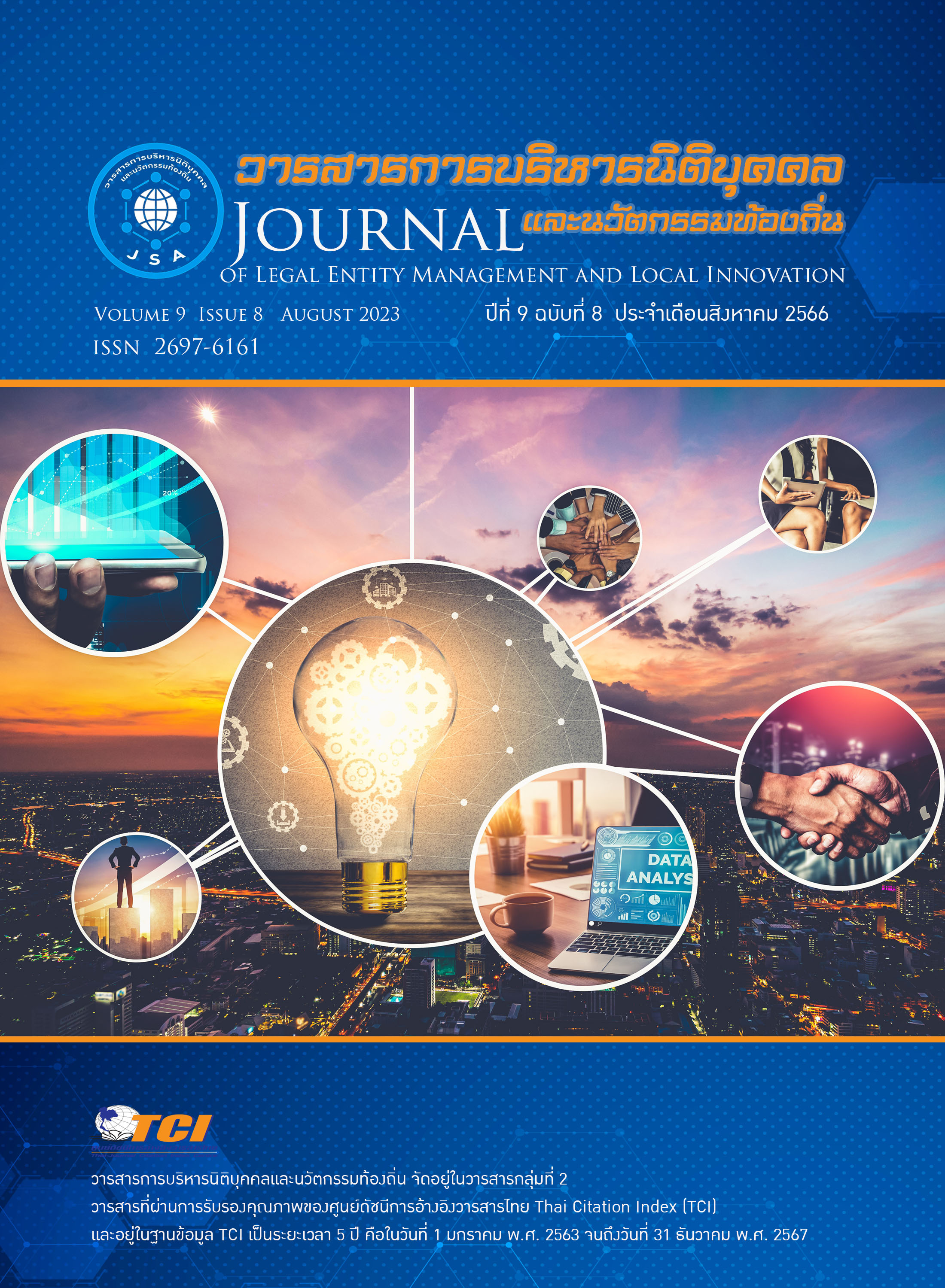Guidelines for the Development of Participation in Academic Administration of Teachers in Bangplama District Group Under the Office of Suphan Buri Primary Education Service Area 1
Keywords:
Participation, Guidelines for Development, NecessityAbstract
The objectives of this research were 1) to study the current condition, desirable condition and needs for the participatory development of the teachers in academic administration of Bangplama district group under the Office of Suphan Buri Primary Education Service Area 1, and 2) to propose the guidelines for the participatory development of academic administration of the teachers in Bangplama district group under the Office of Suphan Buri Primary Education Service Area 1. This research employed a mixed methods research design with the sample of 185 teachers of Bangplama district group. The research instrument used for the data collection was a questionnaire with 5-point rating scale. The statistics used for the data analysis were frequency distribution, percentage, mean, and standard deviation. A semi-structured interview was used to collect the data from five informants including school administrators and teachers through the content analysis and Modified Priority Need Index (PNI modified).
The results revealed 1) the overall current condition of participation in academic administration of the teachers in Bangplama district group was at a moderate level, whereas the overall desirable condition was at a high level. As to Modified Priority Need Index (PNI modified), the results shown in descending order were the participation in learning process development, the participation in development and use of technological media for education, the participation in measurement, evaluation and transfer of study results, the educational supervision participation, and the participation in curriculum development of institutions respectively. 2) Based on the five aspects of the guidelines for the participatory development of academic administration of the teachers in Bangplama district group, the aspects derived from the priority needs with the three highest indexes of each aspect were used as development issues, totaling 15 development issues.


